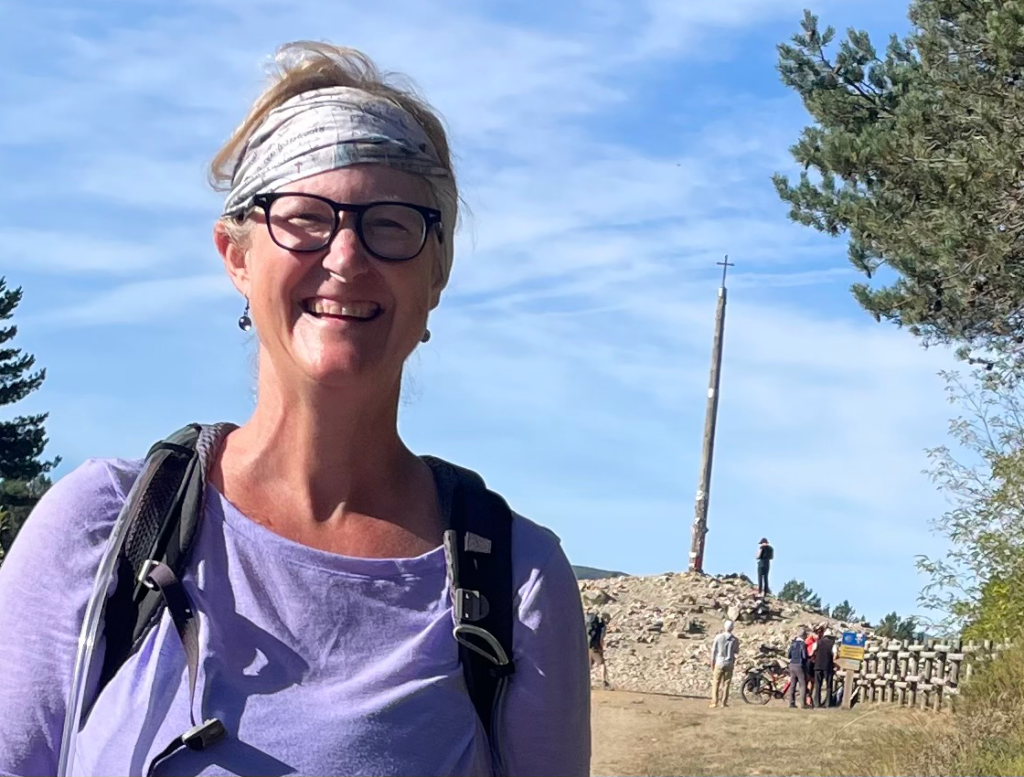
Resources to Support You,
Wherever You Are
Insights, tools, and reflections from our therapists to help you navigate life with greater clarity and care.

Depression: 3 Things You Need To Know
Perhaps you’re feeling sad, blue, down and irritable? During the week you’re having trouble sleeping at night. You notice an increase in the fights you’re having with friends and family. Suddenly, there’s no interest in activities you once enjoyed. When you try to reach out to friends it feels like you have lost your connections. You’re feeling sad, upset and overwhelmed.
Is this a sign depression? Continue reading so that you can learn 3 things about depression is and what you can do.

Can Gratitude Tame Your Inner Critic?
Is your inner critic running your life? You know the voice—the one forged in every criticism you have ever heard and loves to pop up anytime you face a difficult situation.
The inner critic is ruthless.
Imagine this scenario: you wake up and check your email and the first one you read is from a coworker. The email is poorly toned and critical of your work. The inner critic sees its opportunity and pounces. You are a failure, it says. The world is untrustworthy and people are bad, it says (the inner critic loves to make generalizations). The rest of your day is stuck in a vicious feedback loop of negativity.
We all have that awful voice and left unchecked it can be the loudest thing we hear.
Developing powerful tools, such as a practice of gratitude, can help you control your inner critic so that it doesn’t control you, your day, or your relationships.

Spotting Depression and Anxiety in Children
How can you tell if your child is suffering from depression or anxiety?
The pandemic has been hard on everyone. But children, in particular, are suffering at unprecedented rates.
According to JAMA (The Journal of Medical American Medical Association), depression and anxiety in adolescents soared during the pandemic. At the same time, physical activity and access to mental health therapists decreased, causing the American Academy of Pediatrics to declare a “national emergency.”
Maryland is no exception to the growing trend. In fact, the most recent Kids Count report notes that during the first year of the pandemic, anxiety and depression increased 36 percent in Maryland’s children and teens (3-17).
These alarming statistics have parents asking, ‘what are the warning signs of depression and anxiety?’
Five warning signs that your child is experiencing anxiety or depression.

For Black Community, “National Emergency” in Children’s Mental Health is Nothing New.
The “national emergency in child and adolescent mental health” recently declared by the American Academy of Pediatrics has been going on for generations in the Black community, says Blu Haven’s director, Monique Harris.Before the COVID pandemic, the suicide rate for Black youth was already alarmingly high and rising faster than any other racial or ethnic group.Harris believes that Black children—and their caregivers—experienced a compounding mental health emergency for decades. Inequity, historical racial biases, and the dismantling of family structure all contribute to the ongoing emergency.“More babies have been having babies over the years,” she said. “The responsibility falls on the babies to raise their babies and to do it alone.”Kids Count reports that roughly 34 percent of households in the U.S. were headed by a single parent in 2019. In Black households, the number rises to 64 percent.

Does Grief Ever End?
I walked 500 miles through Spain to process my grief.
My father is dead—a fact that has lurked in the background of nearly every moment of my life for the last two years.
At times, it would sneak up on me and shake me to the core. Most of the time, I was overwhelmed by shame, fear, and sadness about all I did wrong after he was diagnosed with dementia and I found myself entirely responsible for his care. I did, even though it was not logical, feel responsible for his death. He had fallen in the night—possibly after a heart attack—which is how I found him, an image seared into my vision. After a time, anger became the dominant emotion, infecting every aspect of my life.
Something had to change. I decided to walk 500 miles through Spain.
The journey gave me the space and time I needed to face my grief.
